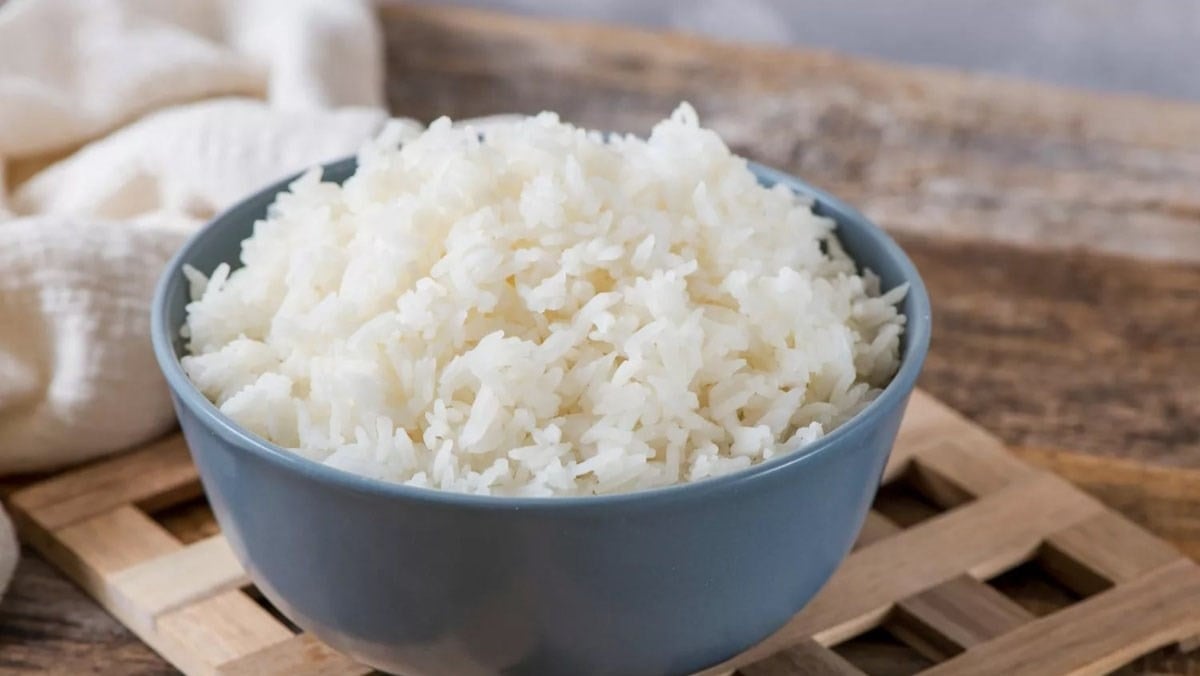Stale rice, if not stored properly, can not only cause waste but also pose potential health risks. With summer temperatures rising, what are some effective tips to keep your rice fresh and safe? The following are helpful hacks to ensure your rice remains tasty and suitable for consumption during hot weather.
Summer’s high temperatures and humidity create the perfect environment for bacteria and mold to thrive. Starchy and moist rice provides an ideal breeding ground for these microorganisms. If rice is not cooled promptly or stored at the right temperature, it may start to sour or ferment within a few hours. Understanding this, implementing proper storage methods will help keep your rice fragrant and edible.
Cooling Rice the Right Way
The first and most crucial step to preserving leftover rice is to cool it down immediately after cooking. Many people tend to leave rice in a covered pot or container, trapping moisture and creating an ideal environment for bacterial growth. Instead, spread the rice evenly on a clean tray or plate, keeping it in a well-ventilated area away from direct sunlight. A gentle fan can be used to speed up the cooling process. Once the rice reaches room temperature, transfer it to an airtight storage container.

Choosing the Right Storage Container
The choice of container is vital to prevent rice from spoilage. Opt for a container made from safe materials such as glass or high-quality plastic that can withstand heat. Ensure it has a tight-fitting lid to prevent air and bacteria from entering. Before adding rice, thoroughly clean and dry the container to eliminate any residual moisture that could cause the rice to spoil. Additionally, leave some space at the top of the container to allow air circulation, maintaining the rice’s fluffy texture.
Refrigerate for Longer Freshness
The refrigerator is your best friend when it comes to storing rice during the summer. After cooling the rice, transfer it to a container and place it directly in the fridge. The ideal temperature for rice storage is between 0 and 5 degrees Celsius, effectively inhibiting bacterial growth. To prevent odor absorption from other foods, tightly seal the container or use an additional layer of plastic wrap. However, refrain from keeping rice in the fridge for more than 24 hours, as its quality and flavor may deteriorate over time.
Reheating Safely
When it’s time to consume the leftover rice, reheat it carefully to ensure safety. Rice should be reheated to a temperature of at least 70 degrees Celsius to destroy any lingering bacteria. You can use a microwave, steam it, or fry the rice. If using a microwave, sprinkle a little water on the rice and cover it to retain moisture. Only reheat the portion you intend to consume, avoiding repeated reheating to minimize bacterial growth.
In addition to these fundamental steps, you can incorporate some extra hacks to enhance rice preservation. For instance, adding a few drops of rice vinegar to the rinsing water before cooking can help prolong its freshness due to its mild acidic properties. Moreover, maintain a clean kitchen, keep rice away from heat sources or perishable foods, and consider dividing large batches of cooked rice into smaller portions for easier cooling and usage.
Even with proper storage, always inspect the rice before consumption. If it emits a sour odor, exhibits unusual colors, or shows signs of mold, discard it immediately. Your health takes precedence, so never compromise by consuming rice that shows signs of spoilage. Additionally, strive to cook only the amount of rice required to minimize waste and ensure safety.
4 Reasons Why You Should Stop Picking Your Nose ASAP
Frequent nose-picking can lead to serious damage to the nasal mucosa, which can result in infections that spread to the sinuses, causing suppurative sinusitis and the formation of abscesses. This habit can have significant negative consequences on your health and well-being. It is important to understand the risks associated with nose-picking and to find alternative, healthier ways to address any underlying issues, such as itching or dryness.



































